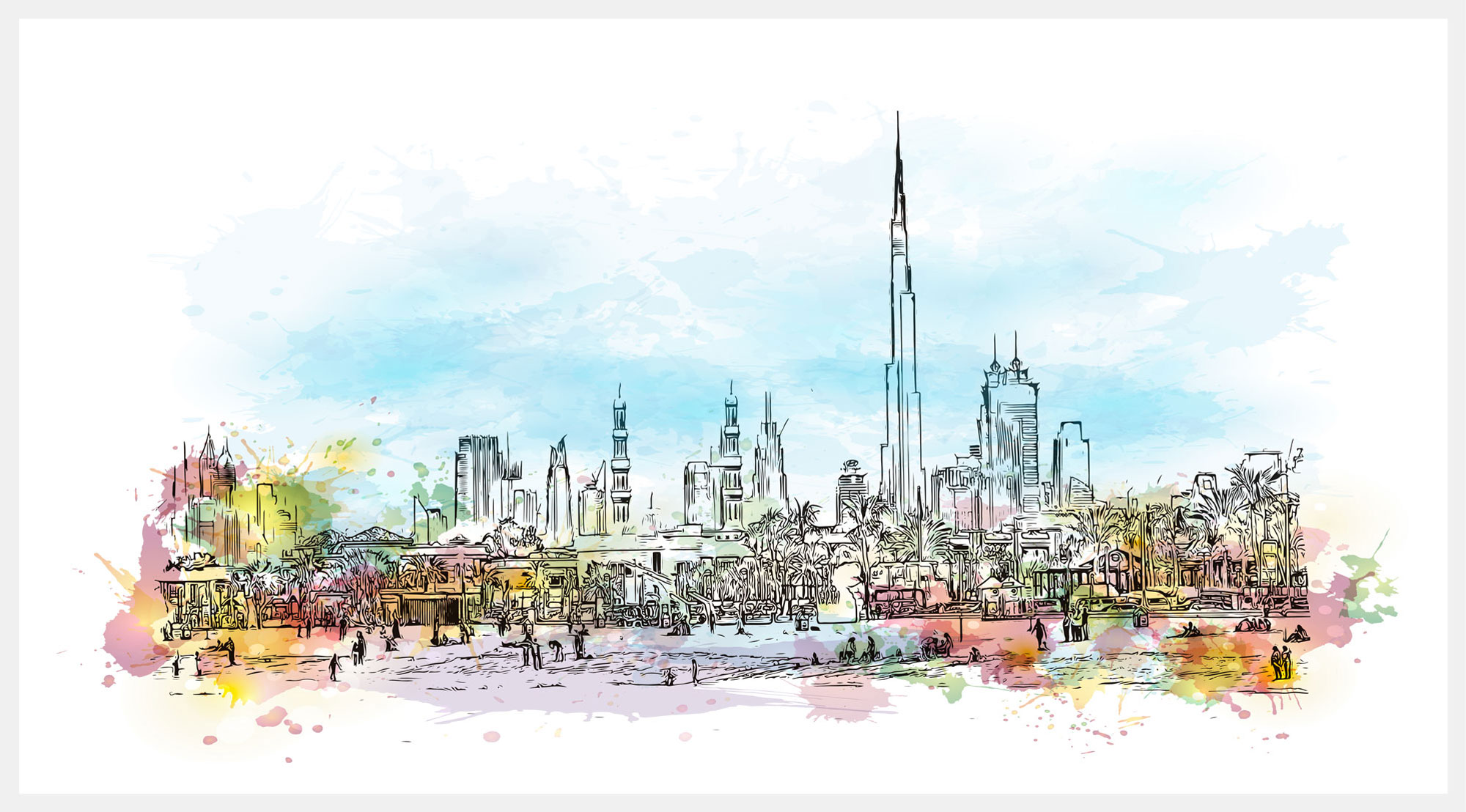



Op-ed by Hisham Al Gurg, CEO, Seed Group and the Private Office of Sheikh Saeed bin Ahmed Al Maktoum
“A creative economy is the fuel of magnificence.”
This quote by Ralph Waldo Emerson, the American philosopher and one of my favourite essayists, never gets old. I am reminded of it every time someone talks about the creative economy or evaluates how it contributes to nation-building and to the overall economic strength of a country.
Creative industries, which include art, culture, tradition, heritage, design, literature, and creativity-related jobs, are the lifelines of any economy and hence as Emerson says, the fuel of magnificence.
Historically, the world economy has seen many growth engines over the past centuries. Growth engines started with agriculture, graduated to industry and manufacturing, later service sectors took precedence, and then came in technology that led the world economy, with all other sectors still being in play.
Soon, the world realised that ‘creativity’ in one form or other will be required to keep the growth engine fresh and running and that is when ‘creative economy’ became a topic of discussion. However, it was not until the pandemic hit and disrupted the world economy that we realised how important it was for us to talk more about creative industries and to look at them from a mainstream perspective.
Today, the world has matured from recognising the impact of creative industries on the world economy to accepting them as an integral part of the present and the future of it.
In all this, the UAE, especially Dubai, has made exemplary efforts in empowering the creative economy over the years. And it comes as no surprise that being future-ready (as it always has been) Dubai’s recent announcement to boost the creative sector comes at the right time, targeting the right industry.
In a recent development, Sheikh Mohammed, Vice President and Prime Minister of the UAE and Ruler of Dubai, announced a plan to facilitate the growth of the creative industries within the Emirate. The plan directly translates to more jobs and more start-ups, as the GDP contribution of the creative sector is poised to double from 2.6 to 5 percent in the coming years.
It is worth noting that 8,300 companies trade in the emirate’s creative industry in the present time and the plan seeks to raise this number to 15,000 by 2025. It also aims to increase the number of people employed in this sector from 70,000 to 140,000.
The announcement is timely, as United Nations General Assembly has proclaimed 2021 as the International Year of Creative Economy for Sustainable Development. As per UNESCO’s report titled Investing in Creativity, the cultural and creative industries generate annual revenue of US$2,250 billion and exports of over US$250 billion, along with providing nearly 30 million jobs worldwide and employing more people aged 15−29 than any other sector.
Overall, the facts speak for themselves and call for more attention towards the creative economy. There is an immediate need for authorities and governments around the world to look at the creative economy and devise strategies to empower it. And if there is a right time to do it, it is now!
Don’t forget to share this post!
We use cookies to enhance your experience on our website. If you continue using this website, we assume that you agree with these. Learn more.


